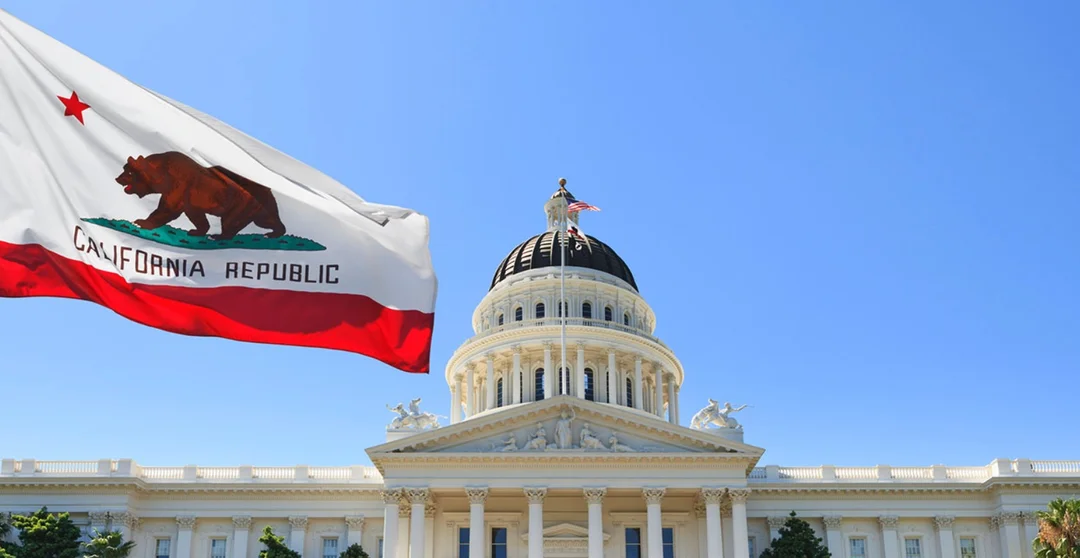
Can California’s Democrats Bridge the Divide on Housing Reform?
In the heart of California's ongoing housing crisis, a fierce debate among Democrats is reshaping the state's approach to affordability, climate goals, and urban development. Senate Bill 79 (SB 79), aimed at boosting housing near public transit, has exposed deep fractures within the party, raising questions about whether lawmakers can unite to address one of the state's most pressing issues.
At the center of the controversy is SB 79, introduced by San Francisco Senator Scott Wiener, which seeks to increase apartment and mixed-use construction around major transit hubs. This bill has already survived two dramatic committee votes, where chairs were overruled by their own members—a rare occurrence in Sacramento's typically orderly proceedings. As veteran lobbyist Chris Micheli described it, this "extra unique" situation signals a philosophical split in the Democratic caucus. Wiener's proposal aligns with the "Yes In My Backyard" (YIMBY) movement, emphasizing the need to build more homes quickly to combat California's housing shortage, which experts link to rising costs and even climate impacts.

Opposition has come from figures like Senate Housing Committee Chair Aisha Wahab and Senate Local Government Committee Chair MarÃa Elena Durazo, both Democrats who argue that unchecked development could favor private interests over public needs. Wahab called the bill a "sweetheart deal" for developers, lacking explicit affordable housing requirements, while Durazo warned it might prioritize market-rate projects at the expense of low-income options. During committee hearings, Durazo stated, "If we leave decisions about what to build up to market-rate developers who do not have the broader public interest in their minds, it’s the wrong way to go." In contrast, Wiener defended the measure, saying, "We are deeply not aligned... but building more housing near public transportation goes against no one's core values."
Analysts suggest this rift reflects broader tensions: YIMBY advocates, including Assembly Speaker Robert Rivas and Appropriations Chair Buffy Wicks, view housing abundance as key to easing rents and reducing emissions from long commutes. As Campbell Mayor Sergio Lopez noted in a recent op-ed, "Our housing crisis becomes a major cause of the climate crisis," with workers forced into distant suburbs, increasing traffic and pollution. However, critics like Durazo and Wahab push for safeguards, such as labor standards and affordability mandates, highlighting concerns about gentrification and displacement. Studies, however, indicate that new market-rate housing often lowers neighborhood rents overall, challenging some of the opposition's claims.
This internal conflict could foreshadow challenges for other housing bills in the pipeline, potentially stalling progress amid California's urgent need for 2.5 million new homes. As SB 79 moves to the Senate Appropriations Committee, the silence from Senate President Pro Tem Mike McGuire adds to the uncertainty, leaving advocates worried about the state's ability to balance growth with equity.
In the end, this debate isn't just about buildings—it's about California's future livability and environmental sustainability. Will Democrats find common ground, or will divisions deepen? Share your thoughts in the comments below and help shape the conversation on housing reform.